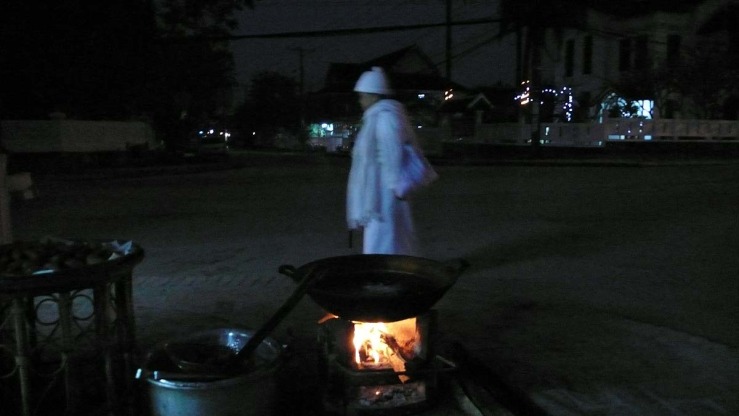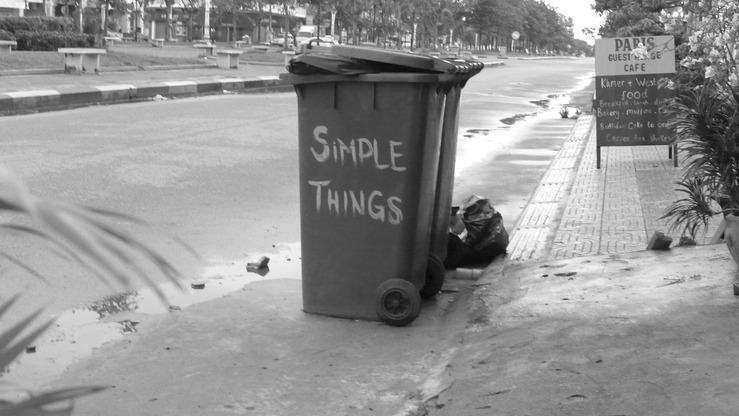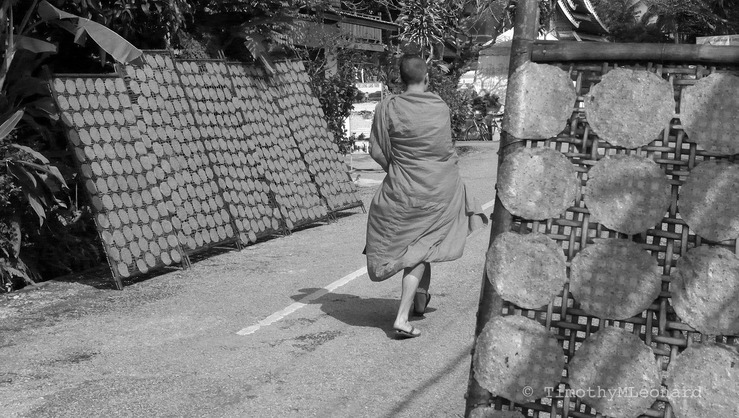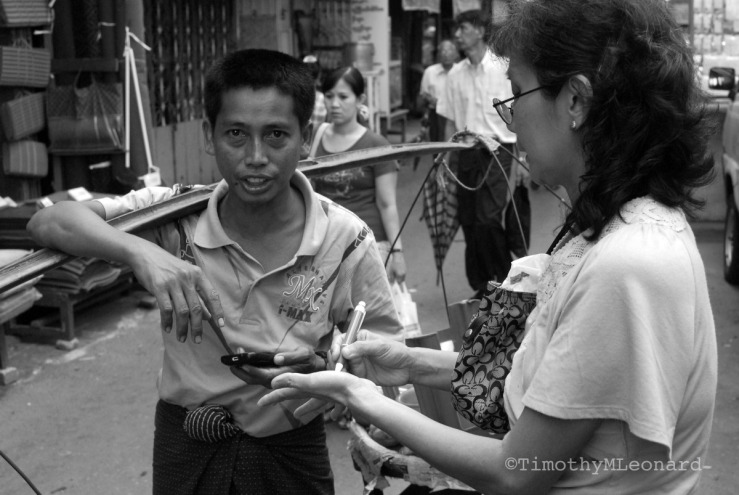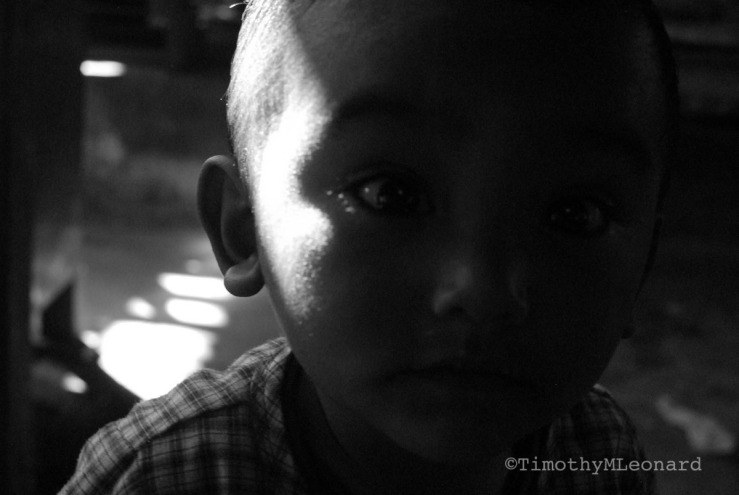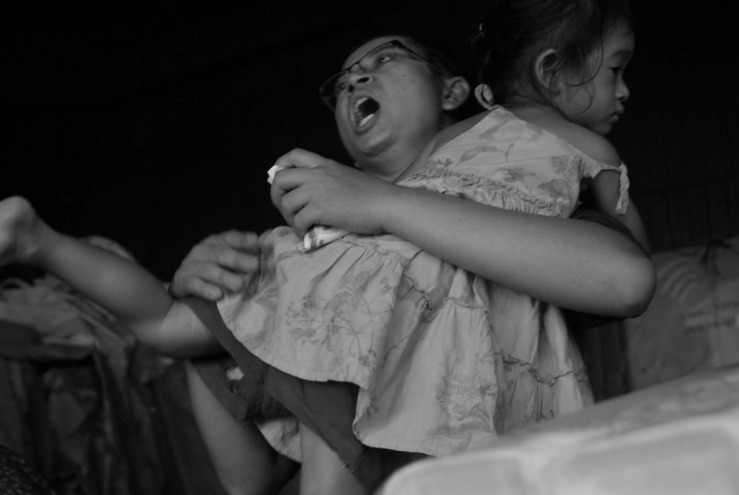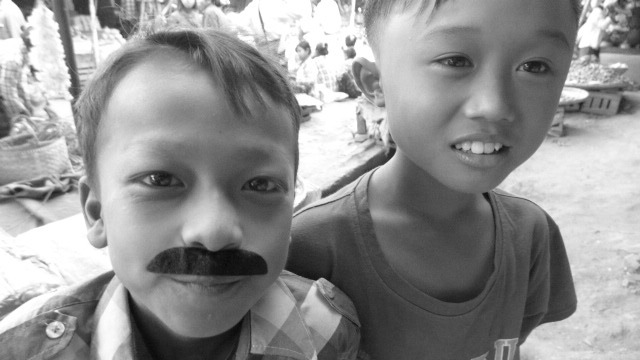“May we resume our deliberations now?” said a pedophile priest with a Big Unit mobile attached to his ear. He heard a long distance confession from Boston, “Why me? Not me.”
Not wanting to make an ass of himself in public, he knew he’d face felony charges when they found his big hand had been on the little hand. He knew he’d never make Cardinal as a stool pigeon without a prosthetic leg to stand on. He whispered to the congregation.
“We must make plans for the ordained conquest. The heathen are massing their cavalry on the mount of Venus as we speak on these vital matters of church and state.”
Idiots in rapture supported his religious ideology. Faith based her initiative in him.
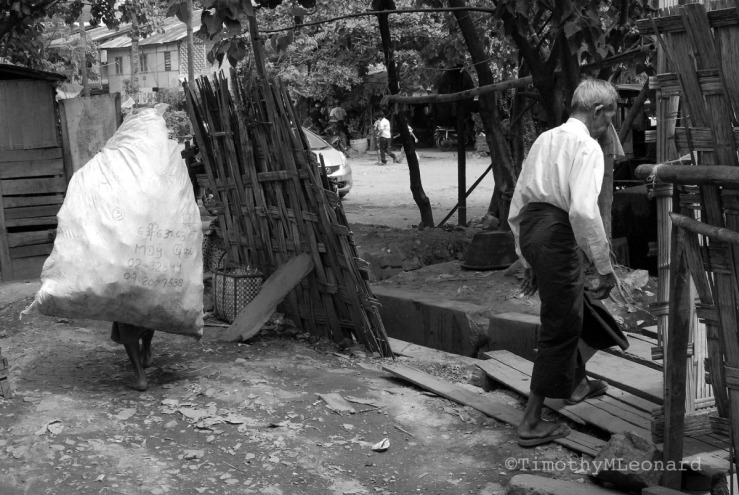
Worm Hole, a mathematician, manipulated statistics on a child’s carnivore place mat. He created black holes to explore their gravitational pull. Space was more beautiful and mysterious than time.
“And now we’re here,” he said pointing to a small blue marble floating on a cosmic map. “It’s amazing how many people don’t appreciate their existence.”
“Yes,” said a knight errant, “there are more stars in the universe than grains of sand on all the earth’s beaches. Try putting that into your hourglass.”
Everybody laughed except Bumsfield and his greedy buddy Dicky Chainsaw from Why O Ming.
Knights spinning around the round table guessed the military-industrial campaign might end by spring. They didn’t know the year so they surmised seasons.
Veterans, children, orphans and women knew it’d be forever. Someone had to take the fall and remove leaves clogging the Rivers of Tears. Seasons were theirs for the taking. It was a crapshoot. They all knew it.
Dice man played his hand, “Snake eyes!”
The room became quieter than 1.7 million unmarked Cambodian graves where orphans played with unexploded ordnance.
“We hit a Blue Cross building yesterday,” said a psychotic coalition general. “Was it red or blue, I can’t remember. You know how confusing things get in war.”
“Oh no,” said the priest, “not another cross to bear.”
At the word bear the mathematician looked up in horror from his predator place mat. A huge Alaskan brown bear with blazing eyes charged out of a forest carrying a decapitated wildlife ranger.
“We have a situation,” radioed a Cobra helicopter pilot circling the grizzly scene.
His radio crackled, “You have permission to fire.”
He pressed his magic red button. A $50,000,000 dollar Hellfire Tomahawk Missile blasted the beast to kingdom come.
“We’re saved!” yelled orphans. Gutting the beast with Berber knives and Tibetan daggers they salvaged every part of the animal. A kid named Export packed the testicles in Ice-9 for a Hong Kong pharmacy.
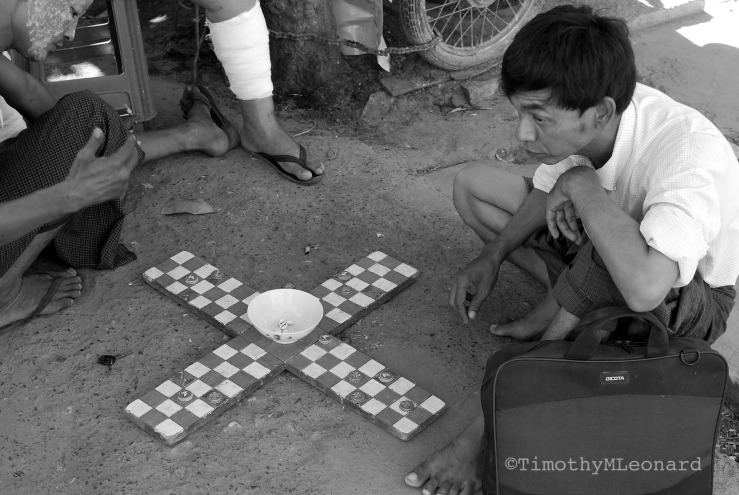
Authorities arrived. They dragged the priest away for questioning after numerous Irish children accused him of sexual abuse. He requested to speak with someone at the Holy See.
“We’ll see what we can do,” said a member of the Vatican SWAT team preventing anguished angry parents from strangling him with his rosary.
“Crucify the hypocrite,” yelled the high masses. Priests in crisis management modus operandi looked at new cardinal points on their compass. They needed an alibi.
“Roast him over an open friar,” sobbed a sacred heart mother of all transfusions.
“Rest in peace … ” sang an angelic choir. “RIP it into shreds.”
“Let him write a check.”
“There’ll be a penalty for early withdrawals,” salivated a Vietnamese hooker lying on a thin mattress caressing a big hot strawberry flavored OK #1 condom.
“Any causalities?” queried a Foreign Legion mercenary just back from Yemen where he was shortlisted as MIA. He’d hitched a ride with a camel caravan across Oman heading to Kurdish/Syrian refugee enclaves near Turkey.
“Friendly fire wiped out a few of our forces which is to be expected,” reported an analyst. “Journalists, photographers, and an Italian intelligence agent bit the bullet so to speak. They’ve filed their final report. Wrong coordinates I’d suggest. They’ll be embedded forever. We have unconfirmed reports that Iraq, Syrian, Yemen and Afghan hospitals are overwhelmed with the dead or dying, amputees, grieving mothers and widows. 500,000 and rising.”
“So it goes,” said a historian turning their hourglass over as sands of time fell in love with the gravity of thinking.
“We suspect they are executing their own,” said a junior minion. “We’ve bombed beans, rice, cooking oil, water treatment facilities, power plants, and oil refineries. The price of crude is escalating as members of OPEC agree to disagree. They’ve had us over a barrel for decades. Any sheik maintaining four wives has to keep pumping. Staple expenses went through the roof at a fire sale. The cost of staples is driven by supply and demand.”
“Humanitarian aid is a noble casualty for the price of peace,” said a coalition officer waiting for extradition on mass murder charges. “Politically cheaper than body bags.”
“Those are back ordered,” said a supply clerk from Kansas City with an 8th grade education. “77,000 body bags were shipped to a southern Italian military installation before we invaded Iraq with the intention to occupy. Boxes of rancid democracy lie stranded south of Basra marshes. Pallets of freedom sit abandoned along the highway of death between Damascus and Kuwait.”
“Is the democracy smooth or crunchy?” said the chef.
“We can’t wait. We’re screwed,” said a selected two-faced Fascist puppet president from O-Zone. “We bought the ranch. I’m moving to Argentina A.S.A.P.”
“We’re not screwed,” whined a minimum wage slave. “When factories are finished producing expensive weapons of mass destruction, recycled petroleum products for happy meals and flags they will reconfigure their machines and production target quotas.”
“May I speak?” requested a poet.
“If you must,” said an officer buffing his medals with Brasso.
The poet tuned his Arabic oud instrument of mass distraction and sang a sad lament about a person dreaming they were free in a free country.
“Ingenious,” said a literary critic. “Uses language in imaginary and metaphorical ways. Gives it a goof feel.”
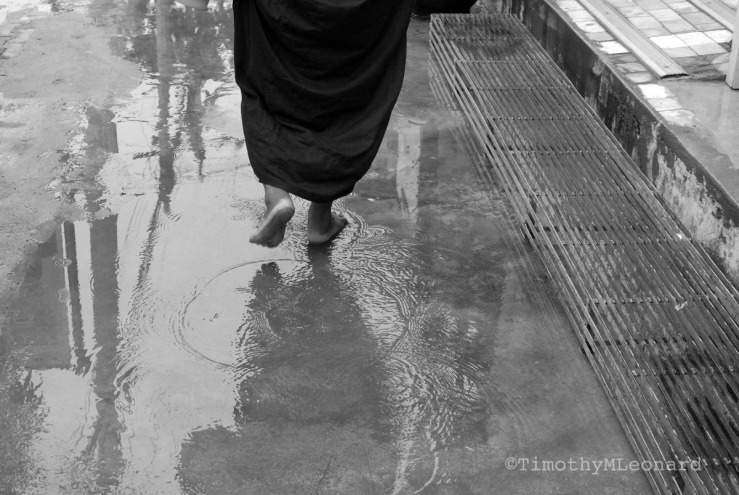
“We’ve allocated a percentage to Asian sweat shops,” said a textile importer. “To be specific: China, Thailand, Saipan, Malaysia, Burma, Vietnam and Cambodia, where one-third of sixty million people make less than $1.00 a day. Factory slaves are working overtime. They have absolutely no choice in the matter. A buck a day is a hell of a deal. Once the feds and W.T.O. leave us alone we’ll realize a handsome profit when all is sewn and done.”
“That’s nothing,” said an analyst, “it’s a two prong effort. We’ll construct air bases and military installations to control Middle East oil and air space and we’ll let American corporations buy all the Iraqi assets. We’re sitting on vast oil fields. Sweetmeat.”
“Perfect,” said Chainsaw, the greedy VP staring at a Spanish butcher dripping blood. “Where’s my cut?”
A security advisor spoke. “Last March we launched the largest psychological operations in our 225 year history. We have 1,000 PSYOP personnel working to sway Iraqis, Afghans, Iranians, and Syrians to join the rebuilding effort.”
“Are the PSYOP leaflets proving effective?” asked Colonel Sanderson with extra crispy clipped wings on his shoulders. He was molting. “We want them to see the democratic rationale of our occupation and walk on the bright side of life.”
“Propaganda is more based on untruth,” said a philosopher.
“Their illiteracy rate is high,” snarled a shoeless education major from Oxford. “Many of the fliers are being recycled as toilet paper and novels. Maybe we should have included lexicons?”
“Too expensive,” said a primary teacher named Laurie Lie. “We have standards to maintain with excellence. If we kill all the children no child will be left behind. This is our destiny for glory, truth, and democratic economics. The freedom and opportunity for children to go to school and develop independent critical thinking skills is our global educational platform. I suggest we set up a tax-free book foundation in Nebraska.”
“Excellent suggestion. Let’s call it Omaha Beachhead Incorporated with a buffet table.”
“It’ll be generations before we’re able to gauge the effectiveness of paper propaganda,” said a wood products CEO raising his options value. Adjusting his golden parachute, he grabbed the ripcord to bail out when share values plummeted.
A silent blind Touareg living on the edge of their deliberations knew they existed in a twilight zone beyond sight and sound bites.
“Who let him in here?” said Butler, pointing at Omar. “He should’ve been sent to Guantanamo Bay for interrogation and deprived of his civil rights with no access to legal counsel. He’s clearly a war criminal or a literary outlaw. Bag his head, shackle and torture him until he confesses or dies. To hell with the Geneva Convention I say.”
Knights ignored him. “Just bring us some food. Now,” yelled starving warriors rattling Moorish sabers. Blades flashed Chinese white, Permanent Orange, Pale Green, Cadmium Red, Viridian Hue, Lemon Yellow, and Prussian Blue.
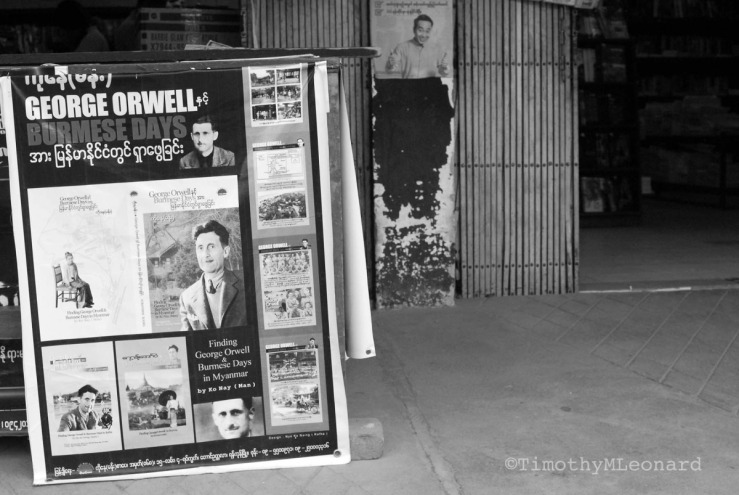
“We’re experiencing limited success distributing electricity, food, water, medicine and a new artificial currency,” said a civilian. “We need to focus on fixing water treatment plants and restoring their infrastructure after 8,000 smart bombs laid waste.”
“Where does The Waste Land end?” said Eliot.
“The end is the beginning,” Omar said.
“If your rough draft changes by less than 10% you’re done,” said an unemployed literary agent arranging DNA syntactical building blocks on a marketing platform.
“We need to make sure we connect the dots between 9/11 and Iraq,” said Intelligence. “If we are successful, coerced politicians will get out of the way and give us a ton of money like a glorious $600 billion or more to rebuild what we’ve destroyed. It’s our way or hit the heavily mined highway of death. You’re either with us or with terrorists is our message to the world.”
“Yes,” barked Faustus, Director of General Incompetents, “these malicious vermin are obstacles standing between the Iraqi people and security. They are terrorists...no, they are rebels...no, they are freedom fighters ... no, they are guerillas ... no, they are ... insurgents.”
“Whatever. The road through Babylon, Tripoli, Tehran, and Damascus is endless. Our campaign will be well received. We will liberate the oppressed,” said an old white haired man named Regime Change wearing a pacemaker. He loved a girl from Why O Why Ming with a big spread near Bend Over.
Members of a House and their corrupt nefarious Congressional colleagues, doing nothing but squabble and bicker and delay and waste taxpayer money playing party politics for another term with automatic pay raises, looked at him with contempt, incredulity, amazement and pure terror.
“We ain’t in no fucking jungle on this,” sneered a nautical Delta Seal with ringmaster approval. “This war is on track Jack.”
“Collateral damage is a sorry fact of life,” said a man with a whip cutting through red tape.
“Bring them on I say,” yelled Bumsfield. “Our God is bigger than their God for God’s sake. Look, it’s easy, here’s what we do. We know the United Nations is useless. We’ll create false claims of nuclear and biological threats feeding 9/11 FEAR. Then we give the sheep a solution.”
Create a problem. Create a solution. Save the world.
Curveball came in for short relief. “I know where it is.”
“Where what is?” asked Bumsfield.
“All the non-existent Iraqi mobile labs full of toxins and nerve agents.”
“For an alcoholic spy and fabricator you have a lot of nerve,” screamed Tenant. He used to be Lew but now he was just plain Jane Tenant from a defunct housing project. He was on a speaking tour making big bucks after his slam-dunk fell well short of the net.
“Look,” said Curveball. “I gave German intelligence the high hard stuff. They don’t understand the American pastime. They said I was past my prime. They co-opted me with women and booze. A hell of a lethal combination let me tell you. They grilled me over a hot flame. I became a double agent. I was beside myself.”
“Yeah, sure,” said Bumsfield, “a classic bipolar case and your mother wears a straight jacket on the 5th floor. We distort flimsy evidence from a worthless Intel source saying Sad Man is an immediate and direct threat to our national security. He’ll attack us in forty-five minutes.”
“But,” said President Bush League, waving his one-way ticket to Patagonia, “that won’t give me time to finish reading about goats to the elementary kids.”
“No butts sir,” said his spokesperson. “Skip pages. Get to the verb.”
“Isn’t this strategy too vague and deceptive?” asked a garbage collector in Marrakesh.
“Vague and deceptive stuff happens all the time,” said the man cracking his cool whip. “What planet are you from, amigo? We have the national propaganda media machines eating this flag waving patriotic bullshit. We con the world with these fictitious stories about Sad Man being a threat to us with his weapons of mass distraction and start a war to remove him from power. Problem and solution in one enchilada.”
“Brilliant,” said a civilian military contractor from Texas, “What then?”
“It’s easy. We know the dictator’s been bluffing all along to maintain his power base. Ask Curveball when he sobers up. Sad Man never had weapons of mass destruction except for the mustard gas and expensive munitions we sold him to support his eight-year war with Iran ... The world doesn’t know or care about that fact. His military will collapse like a house of cards. We send in 150,000 young, poorly trained National Guard units from America’s middle and lower class mind you, take some losses sure, but that’s the price of doing business while we establish a quasi-official coalition government with us in total Control of everything. After a decade we send any military survivors to Afghanistan for 20+ years. Money & Power & Control, yes sir, the American way.”
“What about the local people?” said a humanitarian aid rep.
“Screw them. We’ve liberated them from a dictator for God’s sake. They should be eternally grateful to us and get down on their knees in sand thanking us.”

A public relations flack spoke. “For propaganda purposes we’ll let them form a provisional government so they’ll be distracted and think they have real input in how their country is going to be run. It’s like we’ve controlled Kuwait and Saudi Arabia oil production for years. They increase crude when we tell them. They shut it down when we hit the off button.”
“When do we get the contracts?” said a Texas oilman washing his bloody hands.
“All in good time. Rebuilding the oil industry will be tied to larger deals. We’ll start you off with easy contract stuff like mail delivery, detention camps, prisons, roads, schools, building hospitals and supplying food to the troops. That will keep your people busy for what, 20-30 years, easy.”
“Sounds great,” said the contractor. “This is going to make a lot of my friends very happy.”
“Hey,” said Hally Burden, “war is good business. Politics is business and business is politics. I love it.”
Everyone had an agenda. Blazing a trail, beaters eliminated environmental impact statements. The grass was very high. Inhaling, they found Kyoto on a map and deleted it from their servers while Pablo and Salvadore created art for an upcoming show at the asylum. It was sold out. Standing room only. Their accountant was pleased beyond words. It was an excellent return on their intuitive investment.
A child said, “It’s not so much that there is something strange about time ... the thing that’s strange is what’s going on inside time. We will understand how simple the universe is when we recognize how strange it is.”
“This show is X-rated. Get your ass out of the room and get to bed,” yelled their divorced, manic-depressive father, “or else I will beat you with this stick and stone your mother to death for adultery ... If I have to tell you again I will send you to Drapchi prison outside Lhasa where, in 1997, five Tibetan nuns committed suicide after being beaten with clubs, belts, and rubber hoses filled with sand for refusing to sing Chinese Communist regime songs. Don’t for one minute believe they killed themselves with honorable intentions to end their suffering.”
A bearded fellow from the Saudi Committee for the Propagation of Virtue and the Prevention of Vice spoke.
“We agree. Lashes, stoning, amputation of limbs, hanging and crucifixion for flaunting our rigid Islamic laws is true justice. Women lose their virginity if they drive a car. It’s a scientific fact.”
“What does that have to do with anything we can measure?” said a nuclear physicist.
“Everything and nothing,” said Rose, a psychic healer who was not, according to their official top secret Trilateral New World Order guest list, part of the elite inner circle.
“When we retire they give us a watch but we don’t have time to wind it,” said a blind watchmaker named Evolution.
The Lone Ranger, a civilian from a Special Ops Group, studied a satellite imagery map and pixel data. He was afraid to ask Pablo how to draw coordinates with a vanishing perspective. Knights considered him the Lone Stranger.
“Let us know if you find anything interesting,” said Macintosh, a Scottish bagpipe officer from the Guardian Angels, an invisible flying force. Squeezing hot air from a goatskin he played rational coherent necessity with cause and effect. His tartan was out of kilter. All dressed up and nowhere to go.
The sundial on the wall of honor at Langley’s house approached twelve.
Tick-tock.
Trick or treat.
ART
Adventure, Risk, Transformation - A Memoir
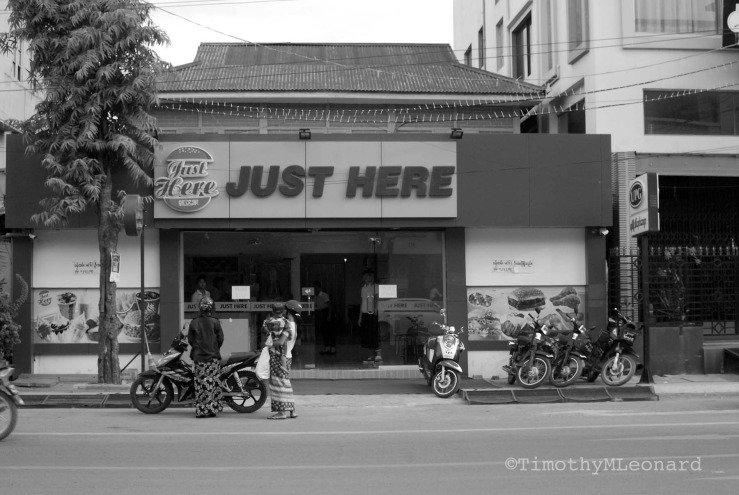
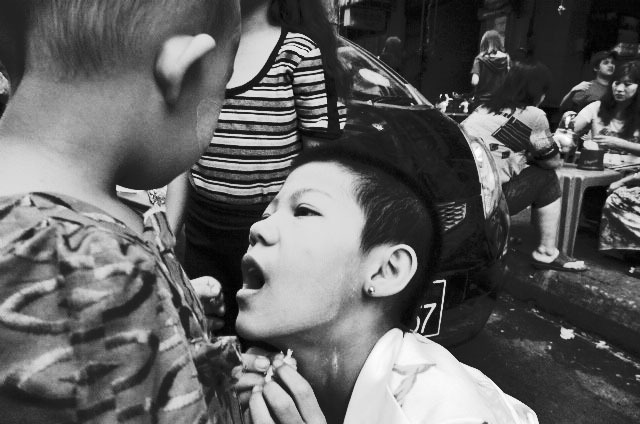






 Share Article
Share Article 